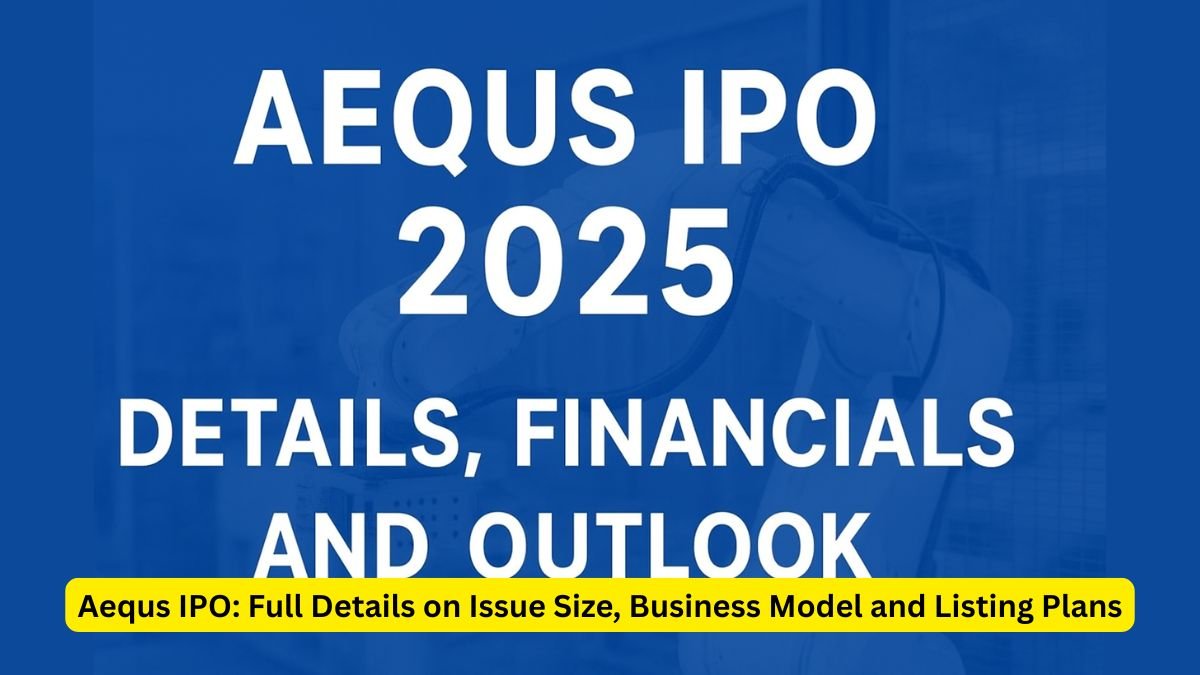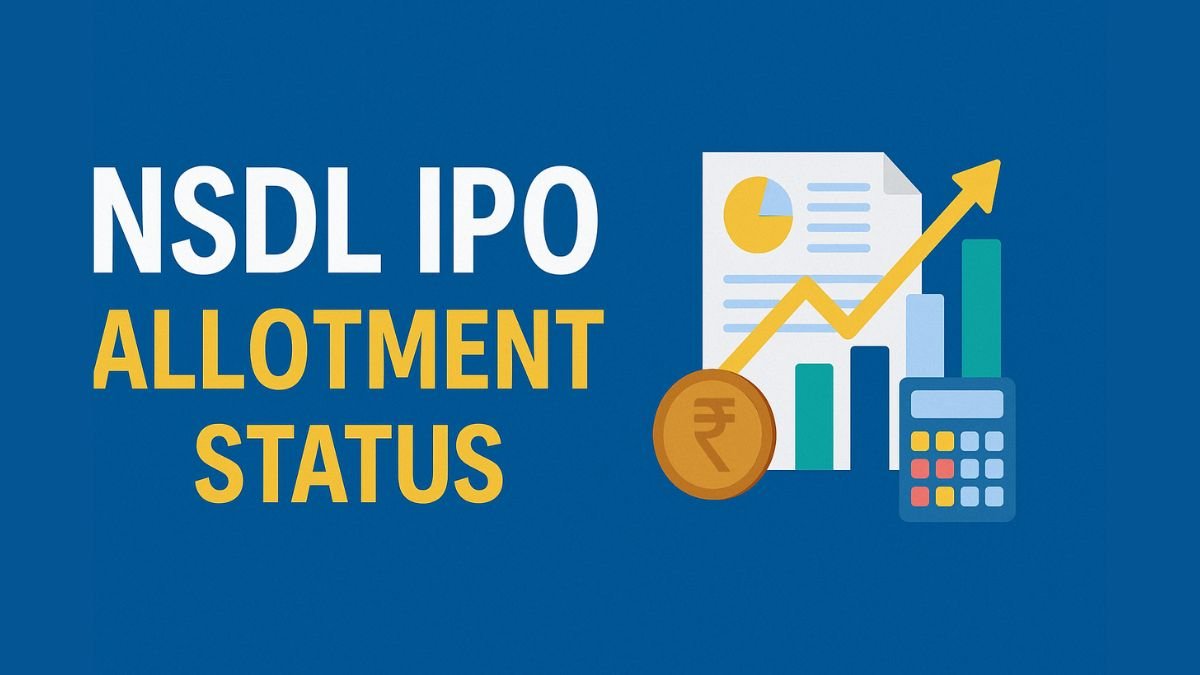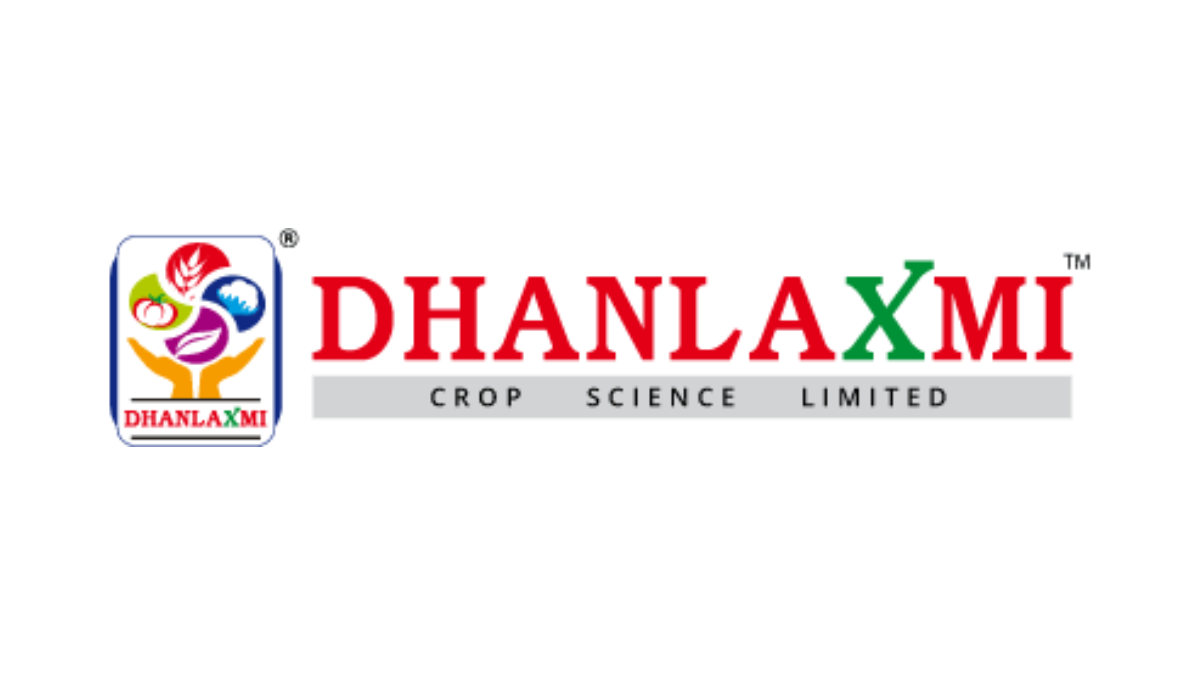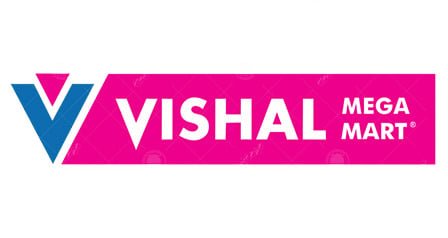Aequs IPO: Everything You Need to Know
The Aequs IPO has started to attract attention after the company received approval from SEBI to move forward with its public issue. Aequs Limited is one of the well-known names in the contract manufacturing space, and its work covers aerospace, consumer electronics, and toys. With the IPO expected to raise close to Rs 1,700 crore (around $200 million), investors are looking closely at the company’s history, business, and growth plans.
This article explains all key details about the Aequs IPO in plain language—its background, business model, financials, IPO structure, competitors, risks, and future outlook.
Company Background
Aequs was founded in 2006 by Aravind Melligeri. The company started small as a manufacturer of aerospace components but grew quickly into a diversified global contract manufacturing business. Its main office is in Belagavi, Karnataka, where it also set up India’s first aerospace-focused Special Economic Zone (SEZ).
From the beginning, Aequs focused on providing high-quality precision manufacturing services to global customers. Airbus and Boeing were among the first big names to work with Aequs. The company expanded steadily, creating three strong business verticals:
- Aerospace – structural and precision parts for aircraft.
- Consumer durables – parts for electronics like Apple MacBooks and Watches.
- Toys – large-scale toy manufacturing for international brands.
Over time, Aequs built manufacturing clusters in Belagavi, Hubballi, and Koppal. The company also opened facilities in France and the United States, giving it a global footprint.
Backing from Investors
Aequs is supported by well-known investors such as:
- Amicus Capital
- Amansa Capital
- Steadview Capital
- Catamaran Ventures (founded by Infosys’ Narayana Murthy)
- Sparta Group
- Desh Deshpande’s investment office
These backers have given Aequs both capital and strategic guidance. Ahead of the IPO in 2025, Aequs changed its name from Aequs Private Limited to Aequs Limited, and the board confirmed Aravind Melligeri as Executive Chairman and CEO.
The leadership team also includes Rajeev Kaul (Managing Director) and Jean-Michel Condamin (CEO of Aerospace Division).
Business Segments of Aequs
Aequs works on the idea of “Make in India for the World.” The company focuses on vertical integration, which means it handles everything—from design and prototyping to large-scale production and supply chain management.
Aerospace
This is the most important part of Aequs’s business. It makes structural components and assemblies for aircraft manufacturers. Its client list includes Airbus, Boeing, Safran, Dassault, and Collins Aerospace.
Aequs was also selected as a technically qualified vendor for India’s defense aircraft programs such as:
- Advanced Medium Combat Aircraft (AMCA)
- Tejas MK-2
- Twin Engine Deck Based Fighter (TEDBF)
Consumer Durables and Toys
Apart from aerospace, Aequs manufactures parts for consumer electronics and toys. It works with global brands like Apple, mainly through partnerships with suppliers such as Tata Electronics, Jabil, and Motherson.
The toy manufacturing division has grown in importance, especially as many brands shift production out of China. Aequs has been able to use its scale and efficiency to serve these companies from India.
Global Operations
With hubs in India, France, and the US, Aequs provides a resilient supply chain to its clients. Its large manufacturing clusters in Karnataka employ thousands of people and play a role in regional development.
The company also invests in sustainable technology to meet global standards on green manufacturing.
Financial Performance
Aequs has shown steady financial growth, which explains why the IPO is drawing attention.
For the year ending March 31, 2024 (FY24):
| Particulars | Amount (in Rs crore) |
|---|---|
| Total Income | 988 |
| Operating Income | 970 |
| Revenue Growth | ~18% YoY |
The company has been consistently profitable and has maintained positive cash flows.
In May 2025, Aequs raised Rs 128 crore ($15 million) through a rights issue. This fresh capital was used to strengthen operations ahead of the IPO.
While detailed profit numbers will be revealed in the final prospectus, Aequs is reported to have EBITDA margins in line with global peers. With revenues crossing Rs 1,000 crore in recent years, the company is seen as financially sound.
Details of Aequs IPO
The company filed its confidential Draft Red Herring Prospectus (DRHP) with SEBI in June 2025. SEBI gave its approval in September 2025.
Here are the key details available:
| Feature | Details |
|---|---|
| Issue Size | Rs 1,700 crore (approx. $200 million) |
| Type | Fresh Issue + Offer for Sale (OFS) |
| Lead Managers | Kotak Mahindra Capital, JM Financial, IIFL Capital |
| Listing | NSE and BSE |
| Filing Route | Pre-filing (confidential) |
| SEBI Approval Date | 18 September 2025 |
The fresh issue will be used for expansion, debt repayment, and working capital needs. The OFS allows some early investors and promoters to sell part of their holdings.
By using the pre-filing route, Aequs has the flexibility to change the IPO size by up to 50% and launch the issue within 18 months from SEBI approval.
Market Position and Competitors
Aequs is in a unique position because of its specialization in aerospace and its diversification into consumer goods and toys.
Aerospace Industry
India’s aerospace industry is growing, supported by government programs like PLI (Production Linked Incentives) and defense indigenization policies. Aequs benefits from these initiatives since it has already built advanced facilities and has relationships with global OEMs.
Main competitors in aerospace:
- Tata Advanced Systems
- Dynamatic Technologies
- Global companies like Spirit AeroSystems
Consumer Durables and Toys
In electronics and toys, Aequs competes with global contract manufacturers like Foxconn and Pegatron. However, its integrated manufacturing ecosystem and India base give it a cost and efficiency advantage.
Market Buzz
After SEBI’s approval, many posts on social platforms like X (formerly Twitter) highlighted Aequs along with other IPO-ready companies such as Bharat Coking Coal and Canara HSBC Life Insurance. Analysts expect the IPO to be strongly subscribed because of Aequs’s client list and steady growth.
Risks and Challenges
Like any company, Aequs also faces risks.
- Aerospace cyclicality – Demand in aerospace can rise and fall depending on global travel and defense spending.
- Client dependence – Large parts of its revenue come from a few clients like Airbus and Boeing.
- Geopolitical tensions – Any disruption in global supply chains or defense regulations can impact operations.
- Competition – Both local and global contract manufacturers may push margins down.
Future Outlook
Looking ahead, Aequs plans to:
- Expand production capacity in India and abroad.
- Invest in technology and automation to improve efficiency.
- Explore acquisitions in aerospace and consumer electronics.
- Strengthen its toy manufacturing business as global companies look for alternatives to China.
Analysts believe the Indian aerospace market will grow at 10–15% CAGR over the next few years. If Aequs captures this growth, it could potentially double revenues within 3–5 years.
A successful IPO will also give Aequs:
- Better visibility in the market.
- Ability to attract top talent.
- Access to more funding for expansion.

FAQs on Aequs IPO
1. What is the size of the Aequs IPO?
The IPO size is around Rs 1,700 crore ($200 million).
2. When will the Aequs IPO open?
The exact dates are not yet announced. Since SEBI gave approval in September 2025, the issue may open anytime in the next few months.
3. Where will the shares be listed?
The shares will be listed on BSE and NSE.
4. What will the IPO money be used for?
The fresh issue portion will be used for expansion, debt repayment, and working capital. The OFS part will allow existing investors to sell their shares.
5. Who are the main competitors of Aequs?
In aerospace, competitors include Tata Advanced Systems and Dynamatic Technologies. In electronics and toys, competition comes from global players like Foxconn and Pegatron.
6. Is Aequs profitable?
Yes, the company has been profitable and reported revenues of around Rs 988 crore in FY24 with consistent growth.
7. Who is the founder of Aequs?
Aequs was founded in 2006 by Aravind Melligeri, who is now its Executive Chairman and CEO.
The Aequs IPO is an important step not just for the company but also for India’s manufacturing sector. With strong global clients, a diversified business model, and backing from reputed investors, Aequs has positioned itself as a long-term player in aerospace, consumer electronics, and toys.
While there are risks like client concentration and global market cycles, the company’s strategy of vertical integration and expansion gives it a good chance to scale further.
Investors looking at the Aequs IPO will be watching closely for final details like price band, lot size, and subscription dates. But one thing is clear: Aequs IPO is among the more interesting public issues in India’s growing list of manufacturing companies heading to the stock market.
Read More at sharepricenews.com






